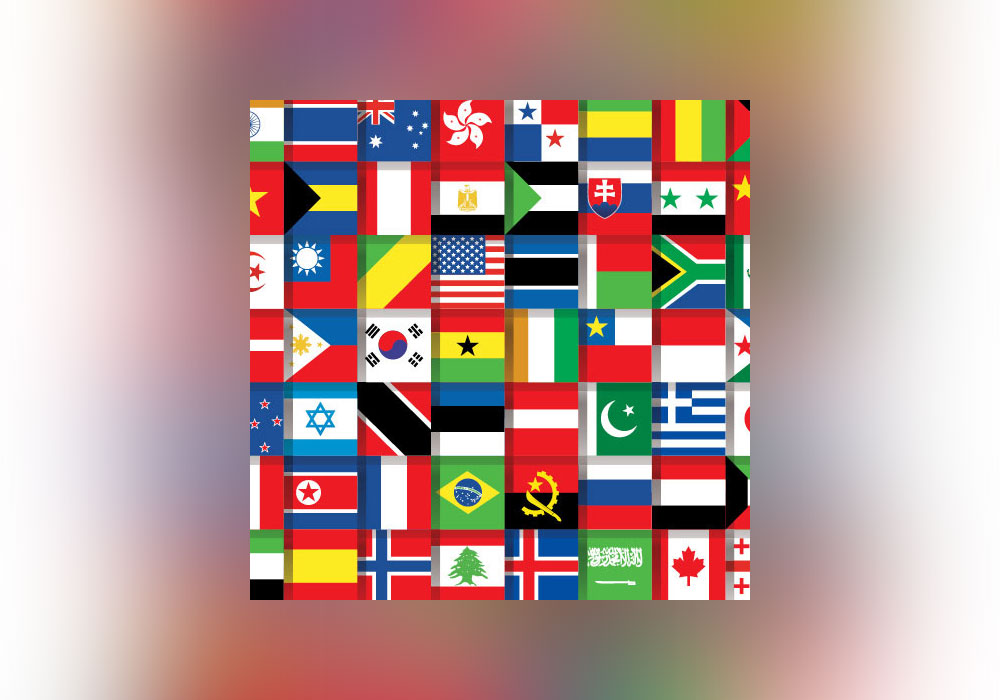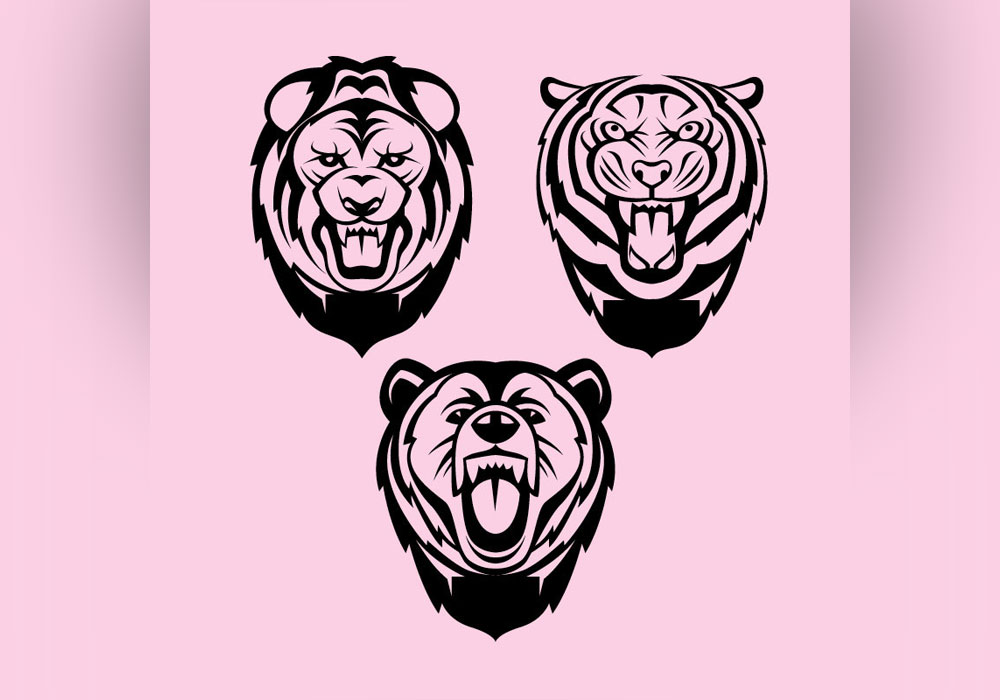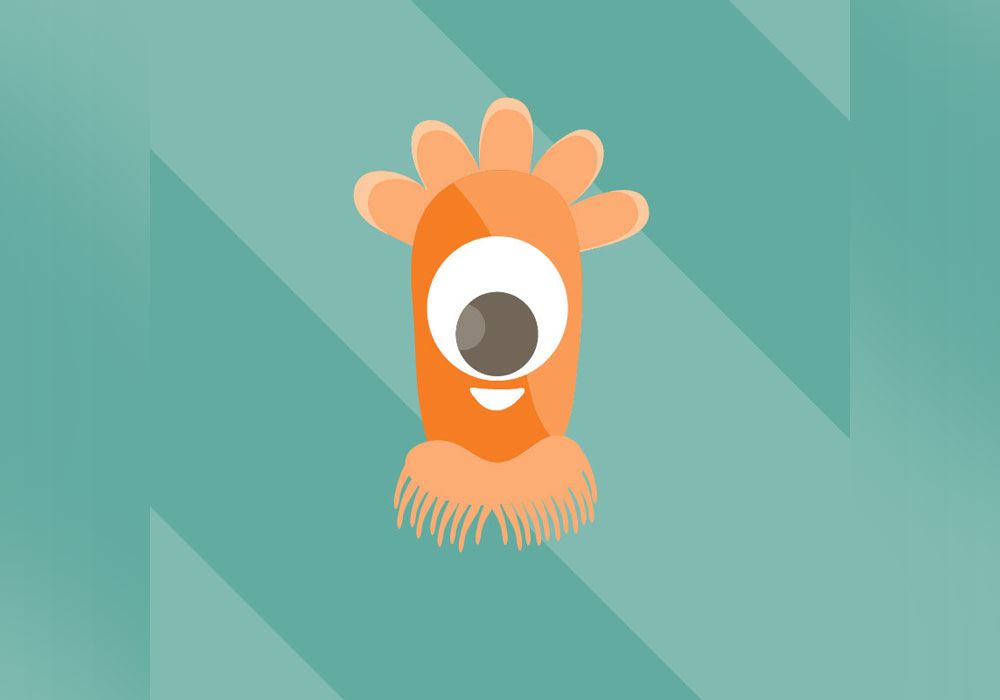Archives
-
Among vs. Amongst
When you’re among friends, you talk amongst yourselves, right? Or is it the other way around? Among and amongst are variations of the same word. Among is more common in American English, while amongst used almost exclusively in British English. History and Meaning Amongst may feel more archaic to speakers of American English, but among is actually the older word, dating back to Old English …
-
Lions and Tigers and Bears, Et Al.
Et al. is used to shorten the list of names when a writer refers to a book, article or other published work that has three or more authors. Et al. means “and others.” It’s an abbreviation of the Latin et alii. It’s mainly used by academic writers when they cite other authors’ work in a paper or article. In popular media, et al. may be …
-
What Do Double Entendres Mean?
A double entendre is a subtle literary device that uses one statement to convey two very different meanings. Taken literally, a double entendre is usually an innocent statement that has no ironic or inappropriate overtones. Taken another way, the same statement often can mean something too indelicate to be said in polite company. A double entendre can also work in reverse, with an apparently dirty …
-
Let’s Cut to the Chase: Idioms Are a Piece of Cake
Idioms are expressions whose meanings are figurative and different from the literal meanings of the words within them. For example, the idiom “It costs an arm and a leg” means that something is very expensive. The literal meaning (that something has to be paid for with body parts) isn’t typically considered. English language learners may have a difficult time understanding idioms, since their figurative meaning …
-
Cue vs. Queue
When do you cue, and when do you queue? Cue typically refers to a signal that encourages someone to take an action, while queue indicates an ordered line or file. Both cue and queue are pronounced like the letter Q, and are considered to be homophones. Homophones are words that sound the same but have different meanings. Additionally, both cue and queue can be …
-
What Do Hurricane Category Numbers Mean?
Part of the drama of hurricane season revolves around the predicting and changing of the severity—or category—of the storm. What category will the hurricane be when it hits land? What kind of damage might it inflict? What is a hurricane category? There are a few classification scales that meteorological agencies use to determine the intensity of hurricanes. The Saffir-Simpson scale is used to measure the strength of …
-
Pore Over vs. Pour Over
Since pour is a common word and sounds identical to pore, many English speakers use the verb pour in the verb phrase pore over meaning “to meditate or ponder intently.” Oops, we’ve definitely written that one incorrectly before … What does pore mean? When talking about carefully reading books, wills, or other documents, pore is the verb that you’re looking for.Pore means “to read or study with …
-
Who Picks Hurricane Names?
Nobody can guess how serious the next hurricane will be, but you can find out what it will be named. An important thing to note is that weather events aren’t eligible for a name until they transform from a tropical depression into a tropical storm. When tropical storms reach a certain velocity, they become cyclones, which North Americans call hurricanes. How are hurricanes named? Then, the name of …











